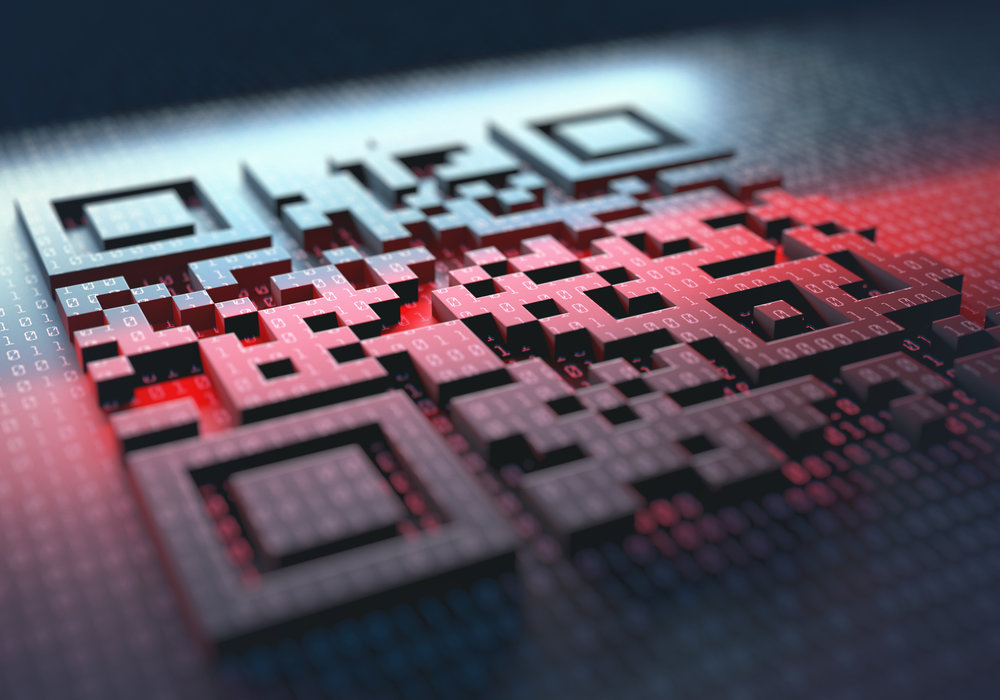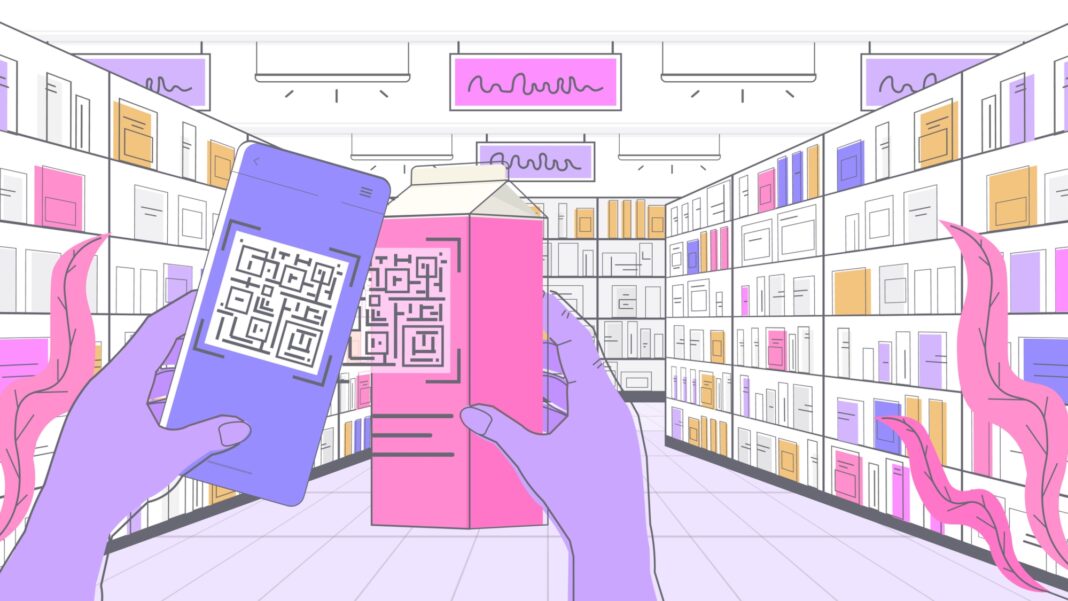Top 7 Reasons and 5 Ways to Use QR Codes on Your Custom Box Packaging
To be a competitive brand, you must be original in both your product design and marketing strategies. This goal is possible by using digital technologies, such as QR codes, into your custom boxes rather than old 2D barcodes. QR codes provide additional functionality and allow you to be more creative in implementing your marketing ideas. This post will trains you that how to use QR codes and where to use it.
You know top 7 Reasons are to Use QR Codes on Your Packs.
You put a QR code on your packaging for many business reasons. But the most 7 reasons are here that why you put the QR code on custom Box Packaging:
- Provide More Information
You can use QR codes for link to a webpage with detailed product information, recipes, usage instructions, or safety guides that wouldn’t fit on the physical packaging itself. This is especially useful for complex products or those with a lot of features.
- Engage Customers
You can engage customer using because QR codes can take customers to interactive content, social media pages, loyalty programs, or exclusive offers. This can be a great way to drive engagement and brand loyalty.
- Track and Trace
When you have a lot of product details in a database and it is difficult to find a specific product so then You need to put a QR code on a product this can help you find the flow of product across the supply chain like inventory, product authentication, or recalls.
- Link the Physical and Digital
You need to use QR codes on toy box could link to an augmented reality (AR) experience. Because QR code connect to your physical product to the online world.
- Brand Sustainability:
If your brand’s product is high quality so then you need to use QR codes because it provide an information about a product’s sustainability features, such as its recycled content or compost ability.
- Personalization:
You can create QR codes for personalized unique information for each customer. But this type of QR codes could be used to send those targeted coupons or promotions.
- Cost-Effective:
If you have little bit of budget to build a link between customer and your product then you can create QR codes that are a low-cost solution to add relationship and capability to your packaging, enhancing the value you provide to your clients while keeping within your financial capabilities.
5 Effective Ways to Use QR Codes on Your Packaging

When you launch a new brand’s product that are new to applying QR codes or are planning to use them on their box packaging should keep these 5 points in mind.
- Add personalized QR codes.
Instead of using plain, black-and-white QR codes, add brand colors and logos to make them more attractive. Bright colors not only look better, but they also make QR codes more accessible to read.
- Ensure the code is scan able.
Test QR codes before putting them on packages to avoid paying much money to do it again. People can only read QR codes that are large and clear.
- Include a compelling call-to-action (CTA).
Personalizing QR codes is needed to make people feel like they need to act quickly. Give customers a reason to scan by making a call to action that is both interesting and useful.
- Focus on placement.
Use QR codes like a call to action button on a website. That’s the same thing you should do with your CTA buttons: put them in the first half of your package.
- Avoid placing many QR codes on the same product package.
Giving people a lot of QR codes at once is not a good idea. For example, don’t make different codes for product reviews, how-to movies, and information about sustainability. Use a QR code with a home page for more than one experience.
Conclusion
QR codes breathe new life into your packaging design, transforming them from passive containers into gateways for a more profound brand experience. Customers can access a wealth of information with only a scan, encouraging interaction and fostering trust. Forget about the restrictions of printed text; QR codes reveal in-depth information about products, exclusive material, or even interactive elements that are only accessible through the personalized box itself. This creative strategy creates a compelling brand connection that endures long after opening the box by extending the consumer journey beyond tangible goods.
